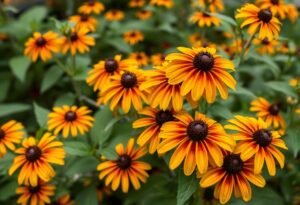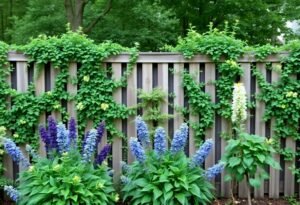Types of Fertilizers for Your Garden
Understanding the two major types of fertilizers—organic and synthetic—will guide your decision-making. Organic fertilizers, such as compost and manure, enrich the soil naturally and promote a healthy ecosystem. In contrast, synthetic fertilizers deliver rapid results but may have long-term effects on soil quality. Picking the right fertilizer for a vegetable garden depends on both your plant needs and the current soil condition.
Choosing the Best Fertilizer
Selecting the ideal fertilizer for a vegetable garden involves understanding its nutrient composition and ratios (like NPK – nitrogen, phosphorus, potassium). Different stages of plant growth require various nutrients; seedlings benefit from higher nitrogen ratios, while mature plants thrive on potassium. Finding the balance between these nutrients is vital for your garden’s success.
Organic vs. Synthetic Fertilizers
Both organic and synthetic fertilizers come with their pros and cons. An organic fertilizer for a vegetable garden enhances soil health and fosters beneficial microorganisms, which helps long-term sustainability. Although synthetic options provide quick boosts, they can introduce unwanted chemicals into the soil over time. Many gardeners find success using a combination of both types for the best results.
The Benefits of Compost
Compost is often touted as one of the best fertilizers for a vegetable garden due to its rich nutrient content and ability to improve soil structure. By creating your own compost, you reduce waste and generate organic matter that directly benefits your plants.
How to Apply Fertilizer
Applying fertilizer correctly is crucial to your plants’ health; over-fertilization can lead to harm. Pre-planting is the ideal time to enrich the soil with fertilizer for a vegetable garden, ensuring nutrients are readily available for seedlings. Additionally, implementing small amounts during the growing season can maintain nutrient levels and promote optimal growth.
Top Ready-Made Fertilizers on the Market
With a plethora of ready-made fertilizers available, research to find highly-rated products that fit your gardening style. Look for fertilizers with balanced NPK ratios and good reviews from fellow gardeners to ensure successful growth.
Conclusion
In conclusion, the best fertilizer for a vegetable garden enriches the growing environment based on the unique needs of your plants and soil. Experimentation with different fertilizers and application methods can enhance your yield and overall garden health. Remember, growing vegetables is not just about food; it’s about nourishing yourself and your family with nature’s gifts. Don’t wait—start your journey to a flourishing garden today!
Disclaimer
Since all gardens are unique, it’s crucial to analyze your soil and understand your plants’ needs before applying any fertilizer.

















